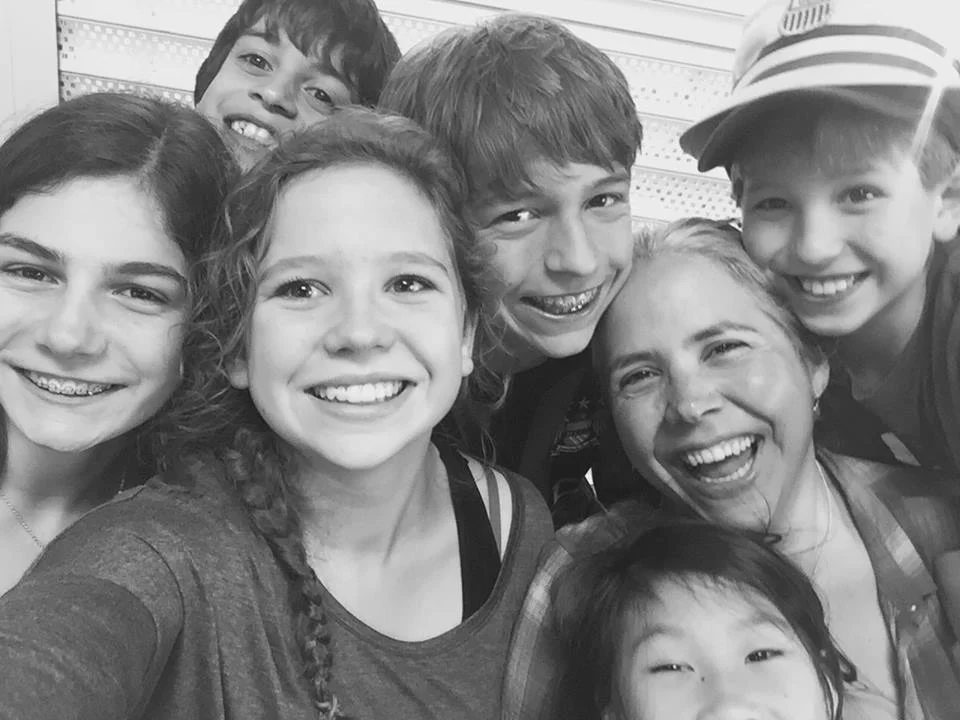Mortality
“On the death of a friend, we should consider that the fates through confidence have devolved on us the task of a double living, that we have henceforth to fulfill the promise of our friend's life also, in our own, to the world.” Henry David Thoreau
We are at our fiftieth medical school reunion. One of the most surprising observations that I never envisioned is the number of those in our class who have died. We were invincible, ready to take on whatever came at us. We had overcome almost every possible hardship, abuse, prejudice, poverty, humiliation, ridicule, and whatever else was presented to us. We knew how to work without sleep, be shamed by what we did not know in front of peers and read and study until it seemed our eyes were coming out.
But death was never part of our own plan. That happened to those we were not able to save. We walked constantly with death and still remember every face of those we were not able to keep alive because of our own ignorance or because the medical science that could save them had not been developed. We never imagined that those whom we worked beside so closely and shared a common experience would now not be alive. How did they die? Was it a long illness? We search for their obituaries, Ken, Ken, Jim, Charles.
Of course, this has been a wakeup call about our own mortality. There is always the question of why are we still alive and they are not. Did we take better care of ourselves or do we have better genes? Today I simply know most of the answers are out of our reach.
More and more we have to live into mystery. What we do feel is a desire to give thanks for those with whom we weathered a wilderness adventure. Somehow each of them contributed to how we have become the person God created us to be today. We send prayers of thanksgiving to them for how their lives touched ours. We also ask for their prayers until we at some time will again be connected to them and learn even more about each other and our journey together and with the God of our understanding.
Joanna joannaseibert.com


